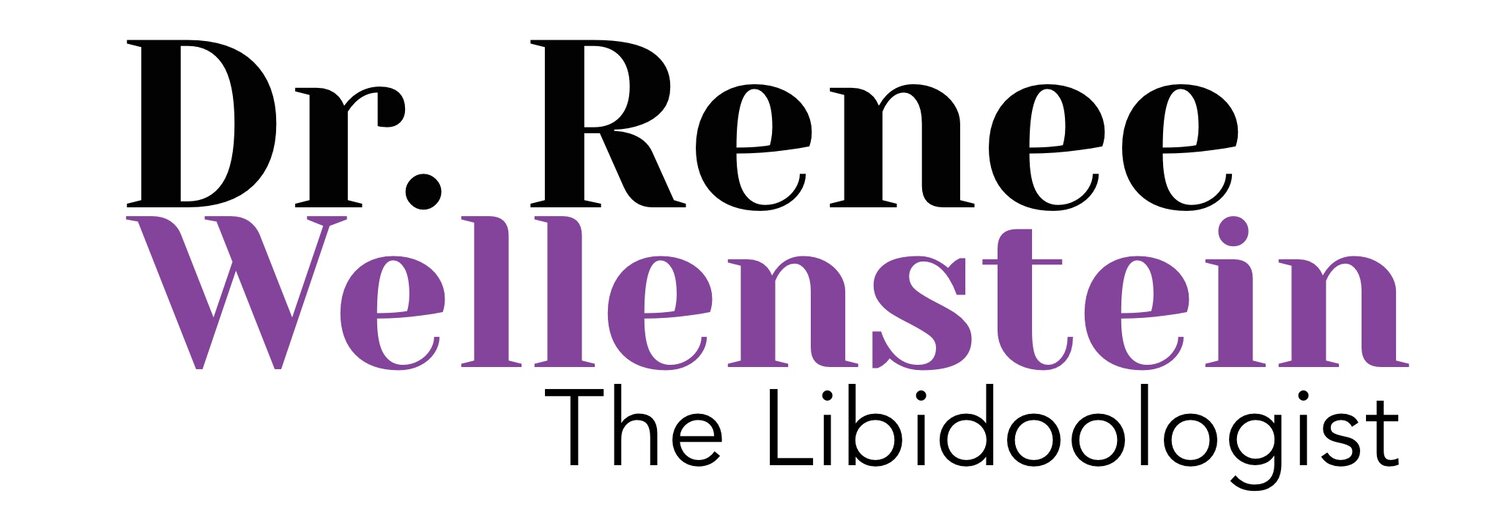Skin Care for Colder Weather: A Holistic Approach to Hydrated, Radiant Skin
As the leaves turn golden and the air gets crisp, our skin often tells the tale of the changing seasons. Colder weather can be harsh, leading to dry, flaky skin. But did you know that as we age, hormonal changes can make it even more challenging to maintain that youthful, dewy glow? Let's dive deep into the world of skin hydration, exploring everything from the effects of aging to the benefits of sleep and the right supplements.
The Hormonal Connection:
As we age, our bodies undergo various hormonal shifts. Estrogen, a hormone that helps maintain skin moisture, starts to decline, especially during menopause. This reduction in estrogen can lead to thinner skin, reduced collagen, and less production of skin oils, all of which contribute to dryness. Combine this natural aging process with the cold, dry air of winter, and you've got a recipe for parched skin.
Photo by Chelsea shapouri
Natural Moisturizers & Remedies:
(As an Amazon Associate, I receive commissions for purchases made through links in this post.)
Aloe Vera: Known for its soothing properties, it can be applied directly to the skin for instant hydration.
Coconut Oil: A natural emollient, it locks in moisture and provides a protective barrier.
Shea Butter: Rich in fatty acids, it nourishes and moisturizes deeply.
The Power of Sleep:
Never underestimate the rejuvenating power of a good night's sleep. During sleep, our bodies go into repair mode, healing and regenerating skin cells. This natural process helps maintain skin's elasticity and hydration. Aim for 7-9 hours of quality sleep to give your skin the restorative time it craves.
The Benefits of Hydration for Skin Health
While external moisturizers are fantastic, internal hydration is equally crucial. Drinking plenty of water helps maintain skin moisture and delivers essential nutrients to skin cells. It also assists in detoxification, which can lead to clearer skin.
Foods for Hydration:
Cucumbers: Made up of 95% water, they're perfect for skin hydration.
Oranges: Packed with water and vitamin C, they help keep the skin firm and moist.
Strawberries: These berries are not only juicy but also rich in alpha-hydroxy acid, which helps get rid of dead skin cells.
Spinach: High in water content and loaded with beneficial vitamins and antioxidants that help improve skin health.
Foods to Avoid:
Certain foods can exacerbate skin dryness. Limiting your intake of processed, salty foods and caffeine can help, as they can dehydrate the body and, in turn, the skin. Alcohol, too, can strip the skin of its natural oils, leading to increased dryness.
Supplements for Skin Hydration:
(As an Amazon Associate, I receive commissions for purchases made through links in this post.)
Benefits: Omega-3s, found in fish oil and flaxseed oil, help maintain the skin's lipid barrier, crucial for keeping skin hydrated.
Sources: Fish oil supplements, flaxseed oil capsules, walnuts, and fatty fish like salmon.
Benefits: This molecule can hold up to 1,000 times its weight in water, making it a hydration powerhouse. When taken as a supplement, it can help improve skin moisture and reduce the appearance of fine lines and wrinkles.
Sources: Available in capsule or liquid form at health food stores.
Benefits: A powerful antioxidant, Vitamin E helps combat the effects of free radicals produced by the metabolism of food and toxins in the environment. It can also be beneficial for skin hydration and UV protection.
Sources: Available in capsule form, or you can apply vitamin E oil directly to the skin.
Benefits: While primarily known for gut health, probiotics can also benefit the skin. A healthy gut can lead to healthy skin. Probiotics can help reduce inflammation, oxidative stress, and glycation, all of which can degrade collagen and cause the skin to lose its elasticity and hydration.
Sources: Probiotic supplements, yogurt, kefir, sauerkraut, and other fermented foods.
Benefits: Collagen is a major component of the skin and helps maintain its elasticity. As we age, our bodies produce less collagen, leading to dry skin and wrinkles. Taking collagen supplements can help improve skin hydration and elasticity.
Sources: Collagen powders or capsules, bone broth
Benefits: Often associated with hair and nail health, biotin can also benefit the skin. It's a part of the B-vitamin complex and helps the body metabolize fats and proteins, processes crucial for skin health.
Sources: Biotin supplements, eggs, avocados, and salmon.
Benefits: Zinc is essential for skin development and the prevention of inflammation. It also helps produce collagen and elastin fibers, which support skin structure and maintain moisture.
Sources: Zinc supplements, nuts, whole grains, and dairy products.
Remember to consult with a healthcare professional before starting any new supplements.
DIY Face Masks Using Autumn Ingredients
Embracing these tips and understanding the deeper connections between aging, hormones, and skin hydration can set you on a path to radiant, hydrated skin, even in the coldest months. Stay glowing!



